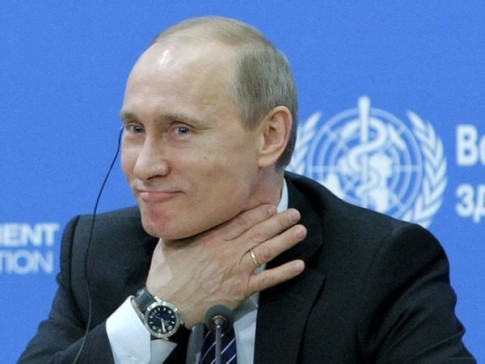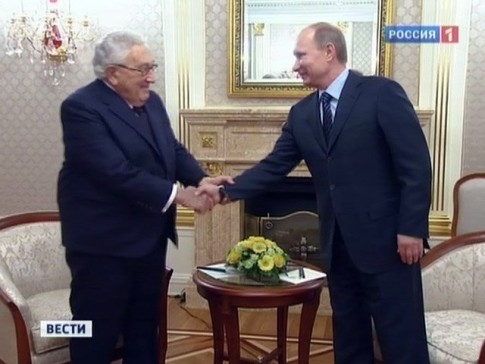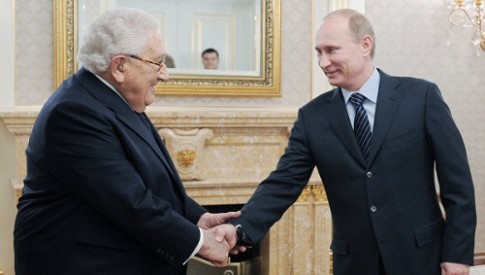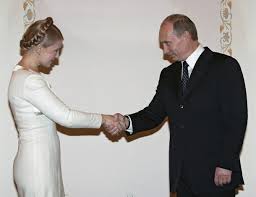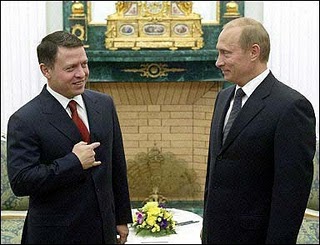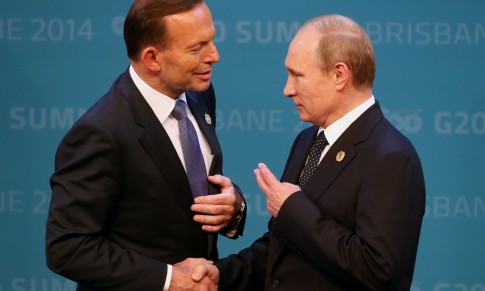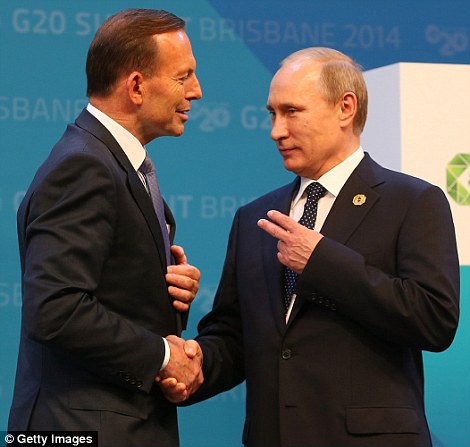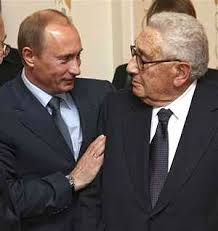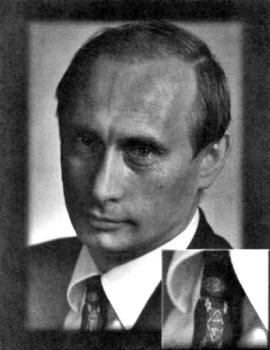– Putin Signs Controversial Spying Bill That Could Bankrupt Communications Companies:
Russian president Vladimir Putin has signed into law an anti-terrorist bill so controversial it has been criticized by pro-Kremlin politicians, activists, and Putin loyalists due to its potential to infringe upon basic human rights.
Edward Snowden, the former National Security Agency (NSA) contractor-turned-whisteblower who leaked scores of documents incriminating the agency’s activity in 2013, has been a fierce critic of the bill, calling it the “Big Brother law.” Snowden referred to the bill’s codification as a “dark day for Russia.”
Despite the fact the final version of the bill, which contains multiple new laws, had omitted some previously incorporated draconian ideas, it is still controversial due to the huge powers it gives to the security services and the Putin administration. According to the recently passed bill, the legislation mandates that, as summarized by the BBC:
1) telecoms companies must keep copies of customers’ phone calls and text messages for six months;
2) phone and text records (but not the messages themselves) must be kept for three years;
3) online services (such as social networks) must keep message records for one year;
4) online services that encrypt data must help security services decrypt any message sent by users, or face a fine;
5) failing to report knowledge of a crime will become a criminal offence – punishable by up to a year in prison;
6) inciting or expressing approval of terrorism online will be regarded as publishing such comments in mass media – punishable by up to seven years in prison; and
7) children aged over 14 can be held criminally liable for 10 new charges such as taking part in terrorism.The law also introduces criminal liability for failing to report a crime that someone “has been planning, is perpetrating, or has perpetrated.” The law has also been accused of significantly infringing upon religious freedom with its proposed restrictions on missionary work. Many religious organizations were already wary of the implications of the new set of laws. Though many of the policies enshrined in the new bill can be viewed as strikingly similar to those of current Western model, the Russian law differs from the invasive practices of Western nations in at least one way. As explained by Andrei Soldatov, co-author of the Red Web, a book that exposes Russia’s crackdown on the internet:
“The Obama administration wanted companies to store the data because it was the way to assure the security services would get [it] only when [they had] a warrant. Russia’s new law was not comparable because the technology used by its secret services meant there was no way for telecoms companies to know what was being intercepted.”
However, aside from the fact these laws infringe upon basic human rights—to the point that Russia has achieved what Washington has been secretly trying to do for years—the most striking aspect of these new laws is their practicality in being enforced within Russia’s current infrastructure.
This problem was highlighted by the response from the heads of Russia’s top mobile and internet operators, who wrote a letter to the upper house of Parliament in Russia arguing the laws are “technically and economically unfeasible.” They also claimed the cost of the expanded data storage would bankrupt the companies involved. Some experts have estimated it would take every data storage manufacturer in the world seven years of continuous work before Russia would even have the internal infrastructure to be able to store and process such a high volume of data.
The Kremlin has subsequently tried to calm and downplay these fears. Kremlin spokesman Dmitry Peskov stated:
“The law has been passed along with a list of recommendations to the government designed to minimize potential financial risks. If the law produces any undesired outcomes, the government will introduce measures accordingly by presidential decree.”
Sounds very convenient. Despite this almost useless gesture, Russian mobile companies are already being hurt economically by the bill, and many have been vocal in their opposition to it. VPN service, Private Internet Access (PIA), has already announced it will leave the Russian market due to the new legislative measures. It is reasonable to assume other businesses will follow suit due to the level of opposition to the law.
Unsurprisingly, this anti-terror law was spearheaded by none other than legislator Irina Yarovaya, who previously led ‘progressive proposals’ to criminalize homosexuality, disallow drug users from entering new jobs, and crack down on dissent and protests.
Whether or not this law will affect popularity of Putin in Russia remains to be seen; as of May, the president was still wildly popular with the Russian public. His approval rating was at approximately 80 percent. Barack Obama barely has an approval rating of 50 percent.
The U.S. establishment must be scratching their heads.
* * *
PayPal: Donate in USD
PayPal: Donate in EUR
PayPal: Donate in GBP
* * *
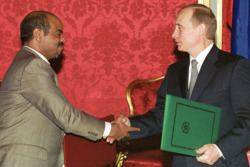
– Vladimir Putin Vanishes Again … But This Time On Siberian Holiday With … Silvio Berlusconi
– Vladimir Putin: The New World Order Worships Satan (… And So Does Putin)

